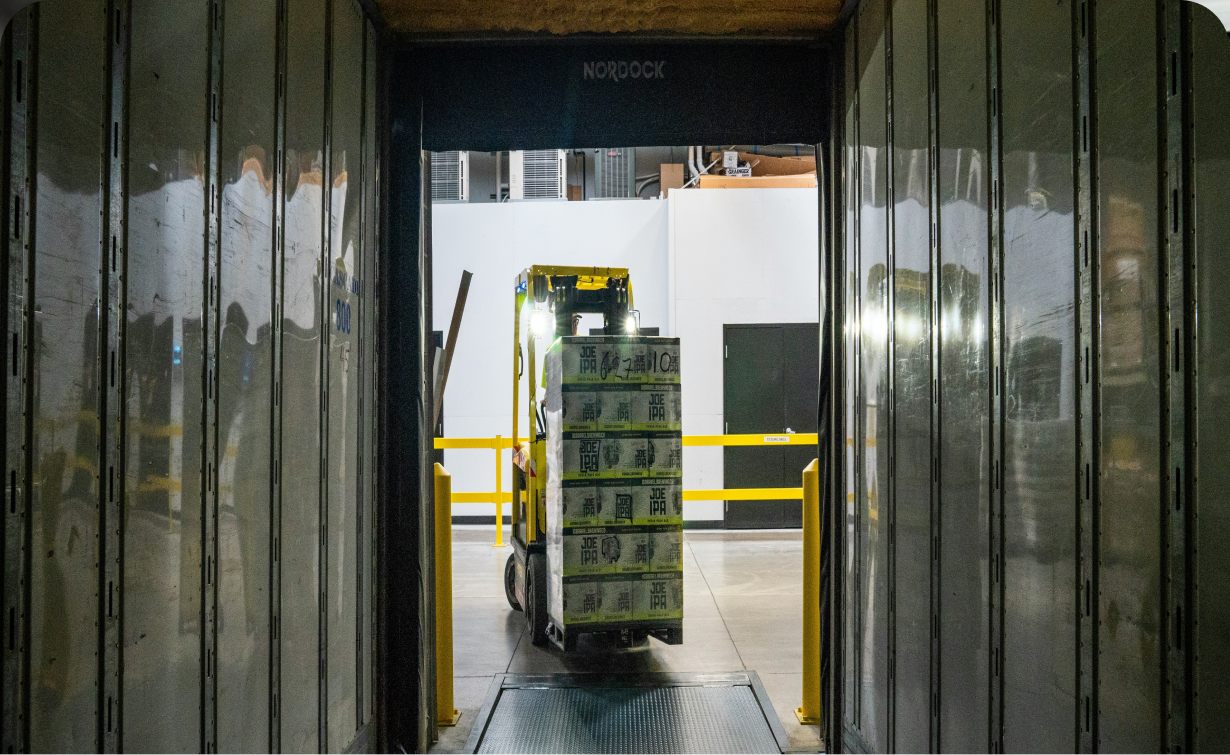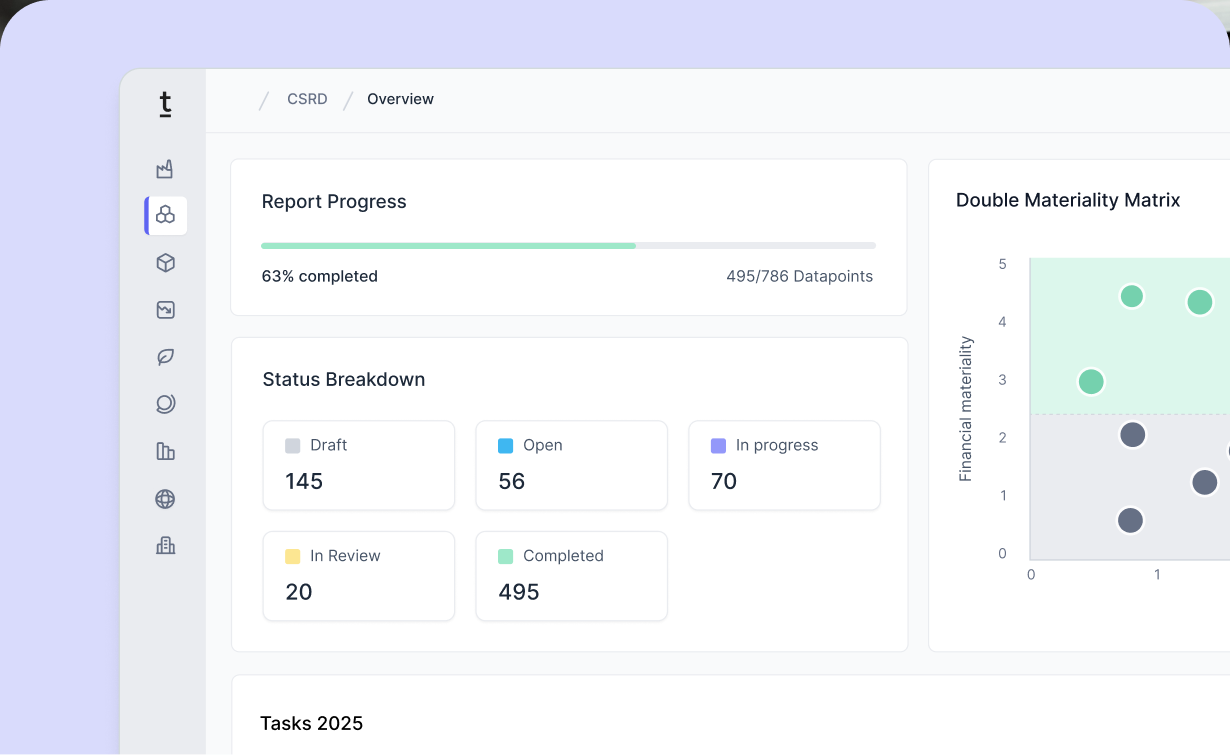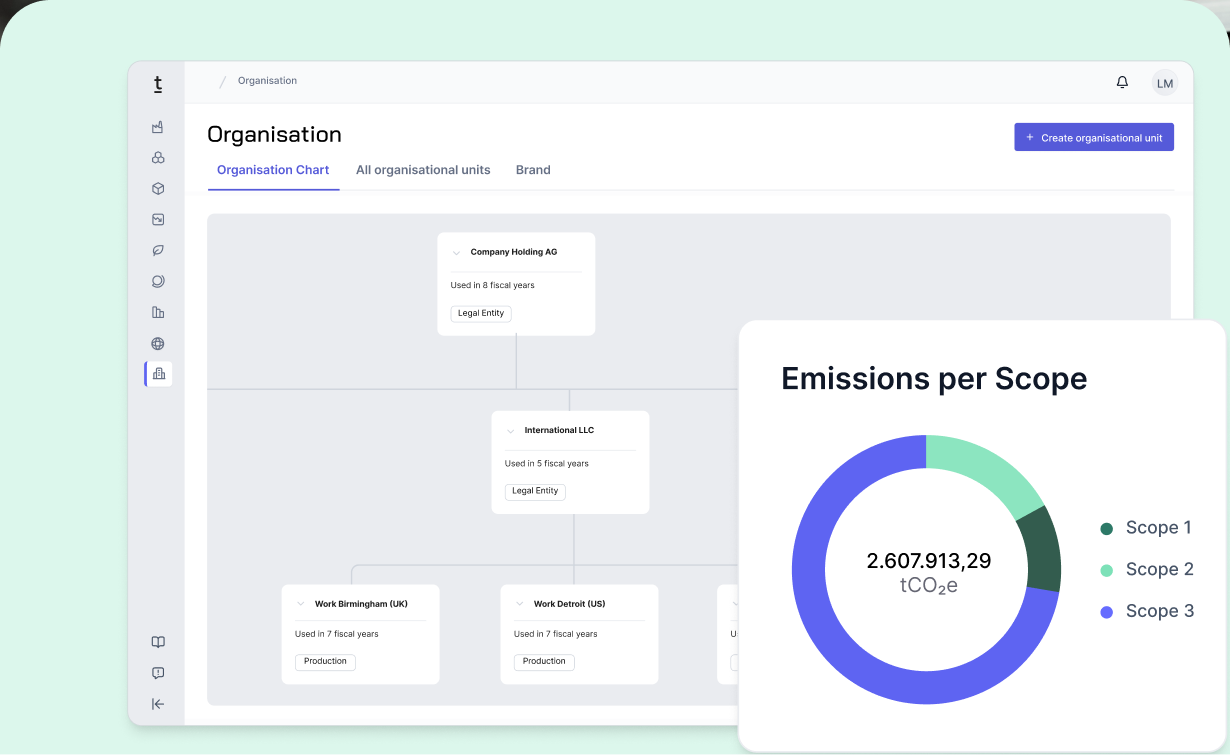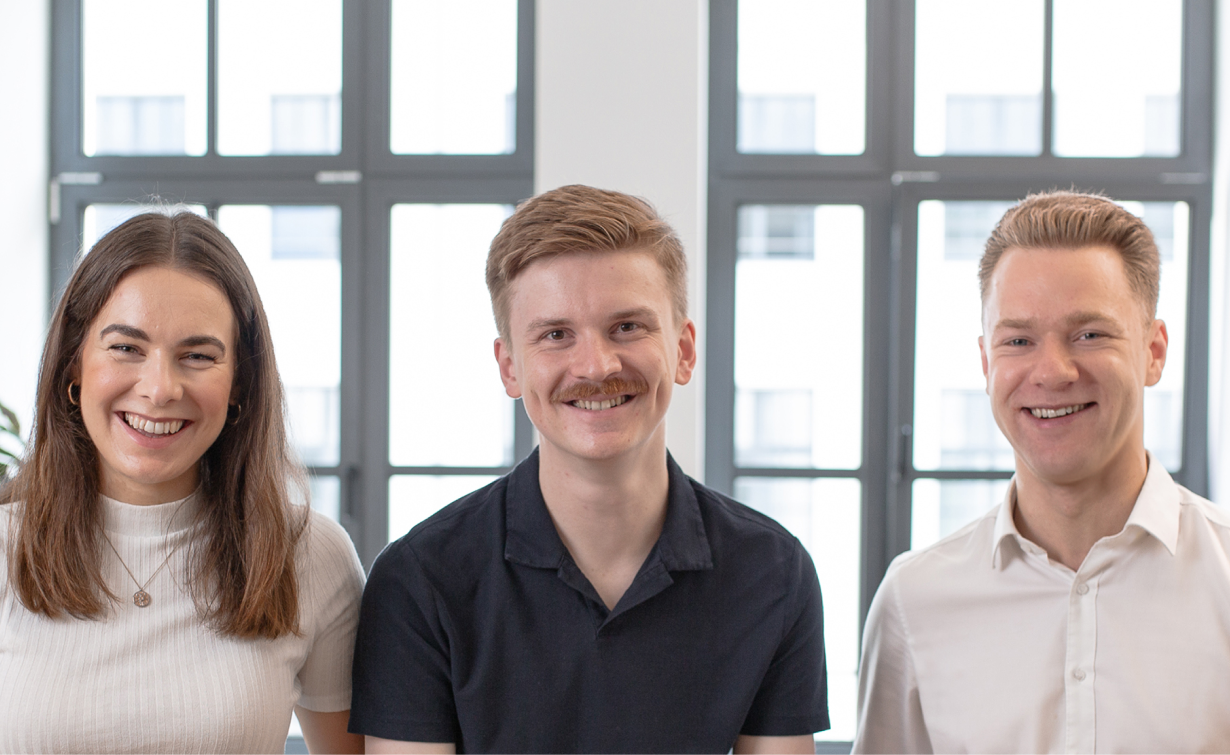Machinery manufacturer WEISS uses VSME reporting to build the foundation for sustainability management, customer requests, and ratings such as EcoVadis and CDP

WEISS GmbH is one of the world’s leading system providers for automation solutions in the automotive industry, mechanical and plant engineering, life sciences, and electronics. The family-owned company, headquartered in Buchen, employs around 700 people in more than 49 countries. WEISS aims to integrate sustainability systematically across the organization—beyond mere compliance—and has established a dedicated project team for this purpose. A particular focus lies on data collection and consolidation by involving international sites in the reporting process.
Initial situation
For the WEISS Group, sustainability has been gaining increasing strategic importance—not only due to legal requirements but also because of growing customer interest. Although WEISS no longer falls under the CSRD reporting obligation as a result of the EU’s Omnibus proposal, the company continues to send a clear signal: sustainability reporting is conducted in a structured, focused, and forward-looking manner in accordance with the VSME standard. At the same time, sustainability was not initially anchored as a central topic within the organization, which made coordination difficult and led to additional challenges.
Challenges
- Resource availability: In the area of sustainability, there was no consistent application of methods and insufficient resources to handle additional tasks.
- International data collection: At international sites, there were no clearly defined contacts, which made the collection and consolidation of relevant information significantly more difficult.
- Data availability, quality, and collection processes: Initially, there were no standardized processes for gathering key metrics, which often left data gaps unnoticed. This not only hindered transparency but also made it difficult to manage sustainability efforts reliably.
Why Tanso
Tanso impressed the WEISS Group above all with its user-friendly and intuitive interface. Sustainability managers particularly highlight the flexible user rights management and the integrated task management, which allow for clear assignment of responsibilities and reliable tracking of deadlines. Additional features such as comment fields, upload options for supporting documents, and transparent status overviews provide further clarity and promote efficient, cross-site collaboration within the company.
Key achievements
With Tanso, the first VSME report was successfully created and quickly implemented based on existing CCF data. The result provides transparent documentation for customer inquiries and forms a central foundation for external ratings such as EcoVadis and CDP.
- Data collection & coordination: Cross-site data requests can now be managed centrally.
- Data-driven transparency: VSME reporting enabled clearer assessment and traceability of data quality and sustainability metrics.
- Meaningful reporting: Reliable, fact-based data now supports informed management decision-making.
- Knowledge building & support: A shared understanding of sustainability topics, personalized support, and regular exchanges ensure quick problem-solving and the spread of best practices.
Outlook
Building on the first VSME report, the current focus is on further improving data quality, defining clear goals and measures, and embedding responsibilities sustainably across the organization. By reusing existing data points and reporting structures, the annual effort is expected to be significantly reduced.
















































.avif)







.jpg)
.jpg)




















-p-800.webp.avif)
-min-p-800.webp.avif)






-p-800.webp.avif)

